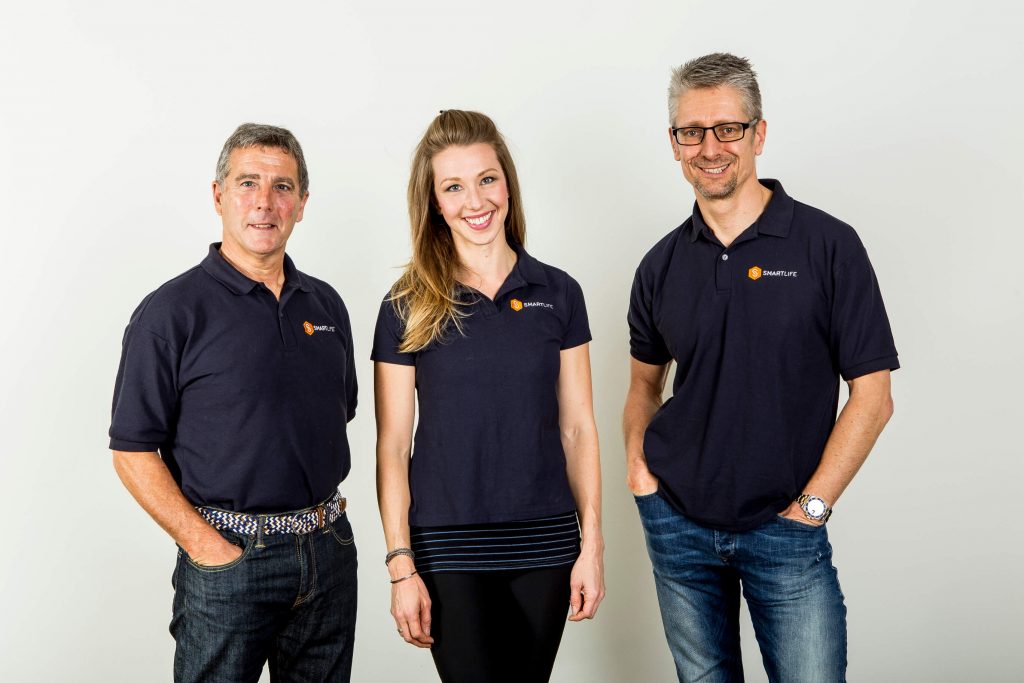Smartlife Inc, a Manchester based SME, has been awarded funding to embark on a Knowledge Transfer Partnership (KTP) project with The School of Sport and Exercise Sciences (SSES) at the University of Kent.
Smartlife are specialists in smart garment technology. The company was founded in 2010 and has developed innovative textile sensors, electronics and firmware capable of detecting the body’s biophysical signals delivering actionable insight to users via mobile apps. Their technology is protected by five patent families registered in 23 global territories. Dr John Dickinson and Dr Sam Winter, from SSES, are looking forward to working with Smartlife, and with the soon-to-be appointed postgraduate Associate who will deliver the project. The two year project, part funded by Innovate UK, will enable Smartlife to create innovative wearable technology to identify healthy and pathological respiratory patterns. This unique functionality will grow not only their sports and fitness market share but facilitate expansion into new markets such as the health and wellbeing, medical and military markets.
Dr Dickinson, Head of the University’s Respiratory Clinic, has over 14 years of research focused on respiratory issues in athletes. More recently he has supported Team GB athletes preparing for the 2016 Rio Olympic Games, working extensively with GB Swimming and GB Boxing. Dr Winter has over 15 years experience in conducting research in biomechanics using motion capture technology and mathematical modelling. Their research and experience in these areas will be pivotal to the development of the new technology.
Smartlife are looking forward to the project getting underway and collaborating with the University. Martin Ashby, CEO of Smartlife, said “we’re delighted to be working with such a well-respected academic institution and believe that our partnership will allow Smartlife to deliver insight to our customers that is at the cutting edge of current thinking on respiration”.
KTPs are a UK-wide Government programme helping businesses to improve their competitiveness and productivity through better use of knowledge, technology and skills that reside within the UK academic knowledge base.

